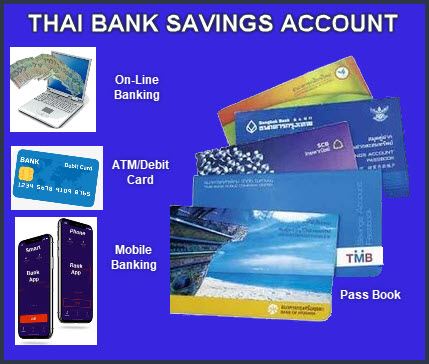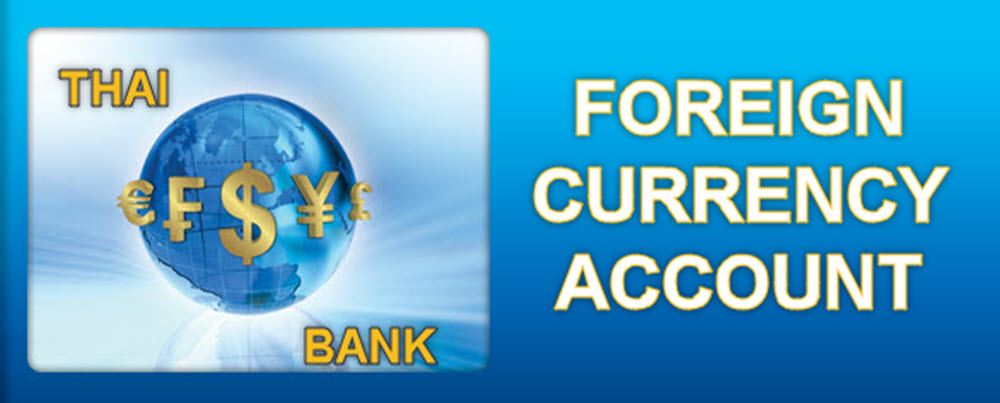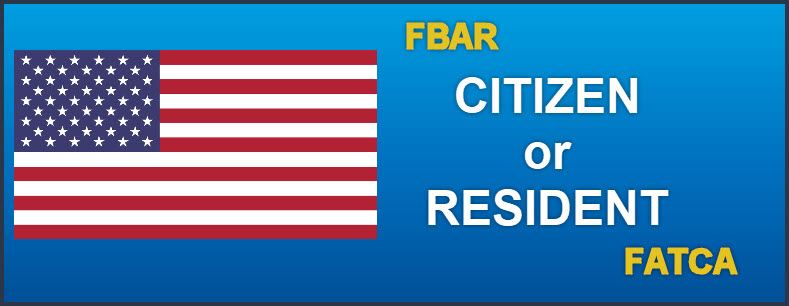|
|
Most Expats living here use a Thai bank savings account from which withdrawals can be made at ATMs. Many bill payment as well as transfers to other Thai bank accounts can be by done with online or mobile banking. Checking accounts are generally used by businesses and not individuals. Several Thai banks offer Foreign currency accounts. |
Opening an Account | Each Thai bank has its own policies regarding who can open an account and what documents in addition to your passport are needed. Some banks may want a Residency Certificate which can be obtained from a Thai Immigration Office. Click here Chonburi (Pattaya) Immigration requirements for the Certificate. |
When you open your account, you will receive a passbook. You will usually need the passbook and your passport (for identification) when making withdrawals at bank teller windows. Most banks offer an ATM/debit card with the savings account with an annual fee of around 200 to 300 Baht. Passbook updates can be done at automated machines that are available at most branches. Note: If you do not frequently update your passbook, you may find that the update entry will include a net of amount for deposits and withdrawals for a period of transactions. If difficulty is encountered Many foreigners report difficulty in opening a bank account at a particular branch of a bank, only to be approved at another branch of the same bank. Thus, if turned down at one, try another or a different bank - it may take a few tries, but eventually one will usually open an account. |
Online & Mobile Banking | Most
offer online and mobile banking which can be used to pay bills or transfer funds to other Thai bank accounts. |
Fees may apply to some bill payment and to transfers depending on the timing stipulated for the transfer. |
Fixed Deposit Accounts | Thai banks offer fixed deposit accounts that pay higher interest than a regular savings account. |
These
type of accounts require the deposit be held for a specified period of
time. In some types, withdrawals can be made at any time with the
penalty being a loss of the higher interest rate. |
| Several Thai banks offer foreign currency accounts. For these type of accounts, there generally are no restrictions on funds deposited, withdrawn, or transferred to another country from a foreign currency account. |
Although keeping funds on deposit in a Thai bank in other than baht may appeal to some, the fees charged for deposits and withdrawals generally make them unattractive for normal banking needs. Note: These type of accounts are acceptable if the account balance is needed to meet any Thai Immigration extension of stay requirements (Thai Immigration will convert the amount into baht using the exchange rate in effect on the date of the application for extension). |
| US Citizens/Residents Required to Report Foreign Bank Accounts US citizens and residents need to be aware that US law requires them to annually report their foreign bank accounts to the US Treasury under certain circumstances. |
If at any time during the calendar year they have a combined total of USD 10,000 in one or more foreign bank accounts, the Foreign Bank Account Report (FBAR) is required. The FBAR is filed online with the Financial Crimes Information Network (FINCEN), a part of the US Treasury Department (not the Internal Revenue Service). There can be severe civil and criminal penalties for failure to file the report or for willfully filing inaccurate reports. For more information, click here.
Thailand has entered into an agreement with the US Government to implement the requirements of the US Foreign Account Tax Compliance Act (FATCA) – click here for Bangkok Post Article. Non-USA banks are required to report accounts held by US Citizens/Residents to the US Internal Revenue Service. Consequently, when opening a Thai Bank account, US Citizens will be asked to provide their taxpayer identification information so that the bank can comply with FATCA reporting requirements. Note: Under FATCA, if you meet certain thresholds for foreign financial assets (includes assets other than just bank account(s), e.g., investments, US taxpayers are required to file a report with their USA income tax return. This report is separate from the FBAR report mentioned above. Click here for an IRS website page that summarizes the two different reports and thresholds for reporting. |
- Home
- LIVING IN THAILAND
- BANKING
- BANK ACCOUNT
Find us on: |




